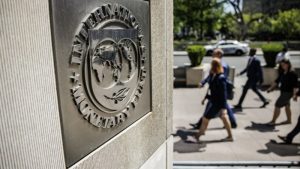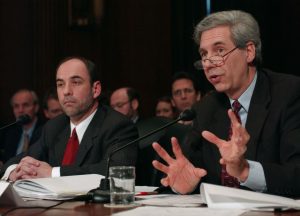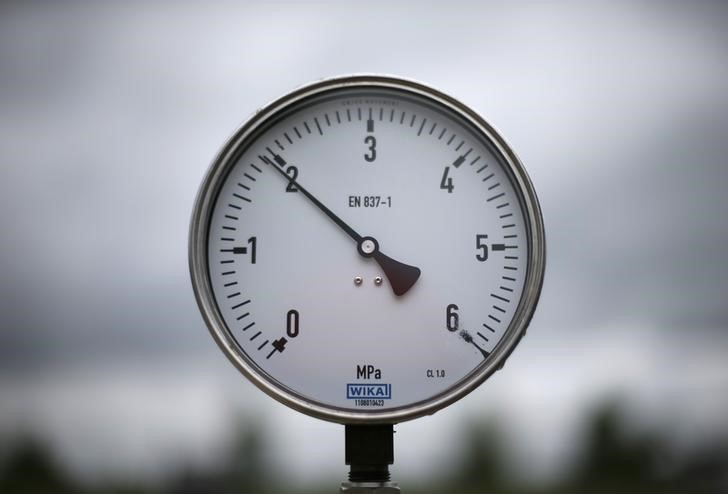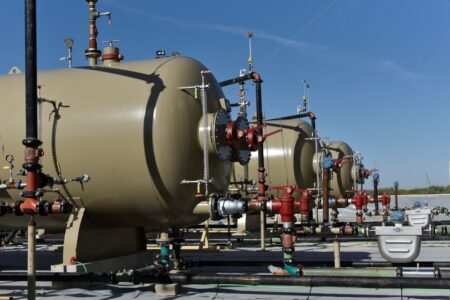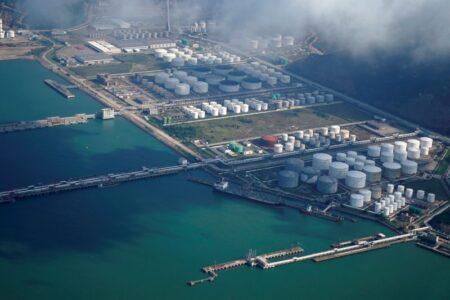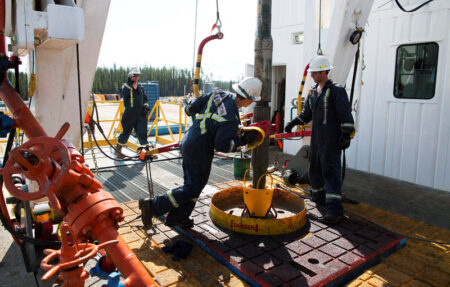Pakistan has announced a significant increase in prices for a majority of households and the industry, as it prepares for the International Monetary Fund’s (IMF) inaugural review of its $3 billion Stand-By Arrangement (SBA) loan program. The review, led by Nathan Porter of the IMF, is set to take place from November 2-16.
In response to debt in the energy sector, the caretaker government under Energy Minister Muhammad Ali has raised the fixed tariff for 57% of consumers from 10 rupees to 400 rupees ($1.42) monthly. This move implements differential rates based on household income. The state-run gas sector has also introduced new tariffs for industry, anticipating to generate nearly 400 billion rupees ($1.42 billion) and stave off any losses.
These financial adjustments coincide with Pakistan’s strict enforcement of austerity measures, which include escalated electricity and gas tariffs, substantial cutbacks in government spending, and expedited privatization initiatives, all in accordance with the loan agreement. The Federal Board of Revenue (FBR) has exceeded its tax collection target, demonstrating Pakistan’s fiscal responsibility.
The IMF review will focus on Pakistan’s fiscal deficit and benchmarks set for the July-agreed $3 billion SBA during their assessment. A positive evaluation from the IMF could lead to the release of a second $700 million tranche. These financial maneuvers occur as Pakistan prepares for a general election in January, operating under an exchange rate of $1 equivalent to 281 Pakistani rupees.
This article was generated with the support of AI and reviewed by an editor. For more information see our T&C.
Read the full article here

